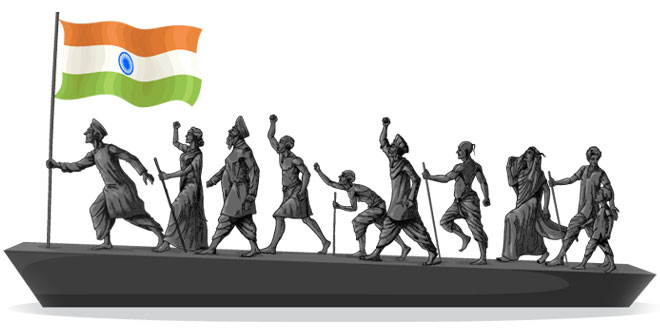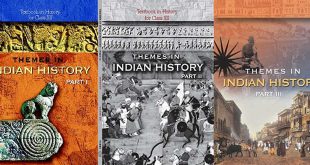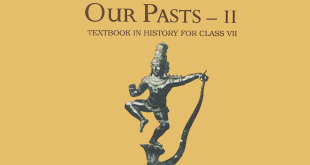Question: What role did Ambabai play in the Indian freedom struggle?
Answer: Ambabai came from Karnataka. She had been married at age twelve and was widowed at sixteen. Afterwards she began participating in the Indian freedom struggle. She picketed foreign cloth and liquor shops in Udipi. She was arrested, served a sentence and was rearrested. Between prison terms she made powerful speeches, taught spinning and organised prabhat pheris.
Question: Write a brief paragraph on Maulana Azad.
Answer: Maulana Azad was a great leader of the Indian freedom struggle. He was born in Mecca to a Bengali Father and an Arab Mother. He was well- versed in several languages. He was a scholar of Islam and an exponent of the notion of wahadat-i-deen, the essential oneness of all religions. He was an active participant in the movement launched by Mahatma Gandhi. He was a great advocate of Hindu-Muslim unity. He never approved Jinnah’s two-nation theory. He wanted a country in which Hindus and Muslims lived in perfect harmony.
Question: Write a brief note on Khan Abdul Ghajfar Khan.
Answer: Khan Abdul Ghaffar Khan was the Pashtun leader from the North-West Frontier Province. He was popularly known as Badshah Khan. He founded the Khudai Khidmatgars, which was a powerful non-violent movement among the Pattans of his province. He was a staunch supporter of Hindu-Muslim unity and was strongly opposed to the partition of India. He criticised his Congress colleagues for agreeing to the division of India in 1947.
Question: What was the Rowlatt Act? Give an account of the Rowlatt Satyagraha.
Answer: The British passed the Rowlatt Act in the year 1919. The Act curbed fundamental rights such as the freedom of expression and strengthened police powers. The Act was very repressive and therefore it enraged Indians. Prominent leaders of the freedom struggles such as Mahatma Gandhi, Mohammad Ali Jinnah, etc. felt that the government had no right to restrict the basic freedoms of people. They viewed the Act as devilish and tyrannical. Gandhiji decided to oppose this Act. He asked people of India to observe 6 April 1919 as a day of non-violent opposition to the Act, as a day of “humiliation and prayer’ and hartal. He organised Satyagraha Sabhas to launch the movement.
The Rowlatt Satyagraha spread far and wide. It became the first All- India struggle against the British government. In April 1919 several demonstrations and hartals took place in the country. But the government suppressed them taking brutal measures. The Jallianwala Bagh massacre was the climax of its brutality. This incident took place on 13 April in Amritsar on Baishakhi day. Thousands of people had gathered in the Jallianwala Bagh to celebrate the occasion. General Dyre opened fire on them all of a sudden.
Both Hindu and Muslim unitedly criticised the British action.
 Class Notes NCERT Solutions for CBSE Students
Class Notes NCERT Solutions for CBSE Students





Pura book hi chap thya hai
Sala fake
Please don’t paste the nude advertising. Many times complained for this. But no solutions….
The advertisements are provided by Google depending on cookies or last search made on your computer or smartphone. Please clean your cache, these will stop appearing. It’s not our hand. – Admin